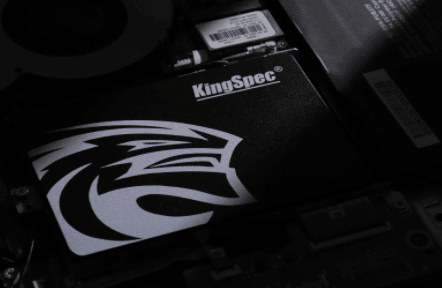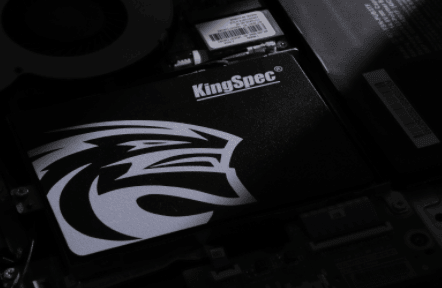News
Site Editor
 Site
https://kingspec.usa02.wondercdn.com/uploads/image/6307135a29359.png
Someone who aks this question in relevant internet forums, mostly gets a variety of most diverse opinions. If you deal with the expected life span of an SSD, you first have to have a look at the variable storage types of SSD drives. Three SSD storages are available: Single Level Cell (SLC), Multi Level Cell (MLC) and Triple Level Cell (TLC). These names already adumbrate the difference. The storage type MLC saves two bits per storage cell, the TLC type three bits per cell and the SLC type only one bit. SLC flash storages haven’t become accepted yet because of their horrendous prices.
Site
https://kingspec.usa02.wondercdn.com/uploads/image/6307135a29359.png
Someone who aks this question in relevant internet forums, mostly gets a variety of most diverse opinions. If you deal with the expected life span of an SSD, you first have to have a look at the variable storage types of SSD drives. Three SSD storages are available: Single Level Cell (SLC), Multi Level Cell (MLC) and Triple Level Cell (TLC). These names already adumbrate the difference. The storage type MLC saves two bits per storage cell, the TLC type three bits per cell and the SLC type only one bit. SLC flash storages haven’t become accepted yet because of their horrendous prices.
How Long Will Your SSD Work?
Views: 8796
Author: Site Editor
Publish Time: 2021-07-08
Origin: Site
As technology has progressed, mechanical hard drives are no longer the only storage option for your computer or laptop. Solid State Drives (SSD) are a sleeker and more efficient type of drive that uses flash memory instead of platters and other moving parts. Many consumers have chosen this device because of its speed and reliability, but the question remains, how long will that reliability last?
How long does an SSD last?
Someone who aks this question in relevant internet forums, mostly gets a variety of most diverse opinions. If you deal with the expected life span of an SSD, you first have to have a look at the variable storage types of SSD drives. Three SSD storages are available: Single Level Cell (SLC), Multi Level Cell (MLC) and Triple Level Cell (TLC). These names already adumbrate the difference. The storage type MLC saves two bits per storage cell, the TLC type three bits per cell and the SLC type only one bit. SLC flash storages haven’t become accepted yet because of their horrendous prices.

For the storage types and their life span applies the following: The more data per cell is saved, the higher the wear level is. That means, at first the life span of storage types possibly can be linked to the write cycles. Storage cells of type MLC last about 3,000 write cycles. In the first moment, that necessarily doesn’t sound much. However, in comparison to conventional HDDs, the mechanics of SSD don’t degrade when only reading data. This means, by only reading data, an SSD will not wear out, which brings us to the conclusion that it depends on the write and delete processes.
With “Wear Leveling” SSDs have made a big step towards more robustness. SSDs of the new generations apportion data on the whole storage. By this, all storage cells are treated with care as good as possible. Meanwhile, some SSDs have a so-called SLC mode. We are already familiar with the term from the storage types as explained above. Per storage cell, only one bit is written on an SLC SSD. When an MLC or TLC drive runs in SLC mode, it virtually emulates an SLC storage and writes only one bit per cell at the beginning. Once the storage space isn’t sufficient anymore, the drive switches to working in the normal storage procedure mode.
Let’s undergo an endurance test with modern SSDs, which means constantly writing on these flash storages at highest speed by using special tools. By now, SSDs achieve outstanding results in such tests. Only after years there are storage cell drop outs. However, even for these inoperable cells flash storages have a successful solution. Current SSDs have reserve capacities. These storage spaces aren’t available to the user, but are used to repair damaged cells, so to speak. The defect cells are replaced with brand-new reserve cells; this procedure is called “Bad-Block-Management”. Thus, SSD storage cells in normal operation last a lifetime.

Recovery When SSDs Fail
Though SSDs fail roughly 25% less often than an HDD, they still may fail due to file corruption, general wearing out, or electrical damage caused by a power outage. When this happens, it is important to choose a company who has the expertise and ability to work on all models and types of solid-state drives.
KingSpec has been dedicating time and investments into SSD technology development and upgrade production process. If you have any needs, please do not hesitate to contact us!
























